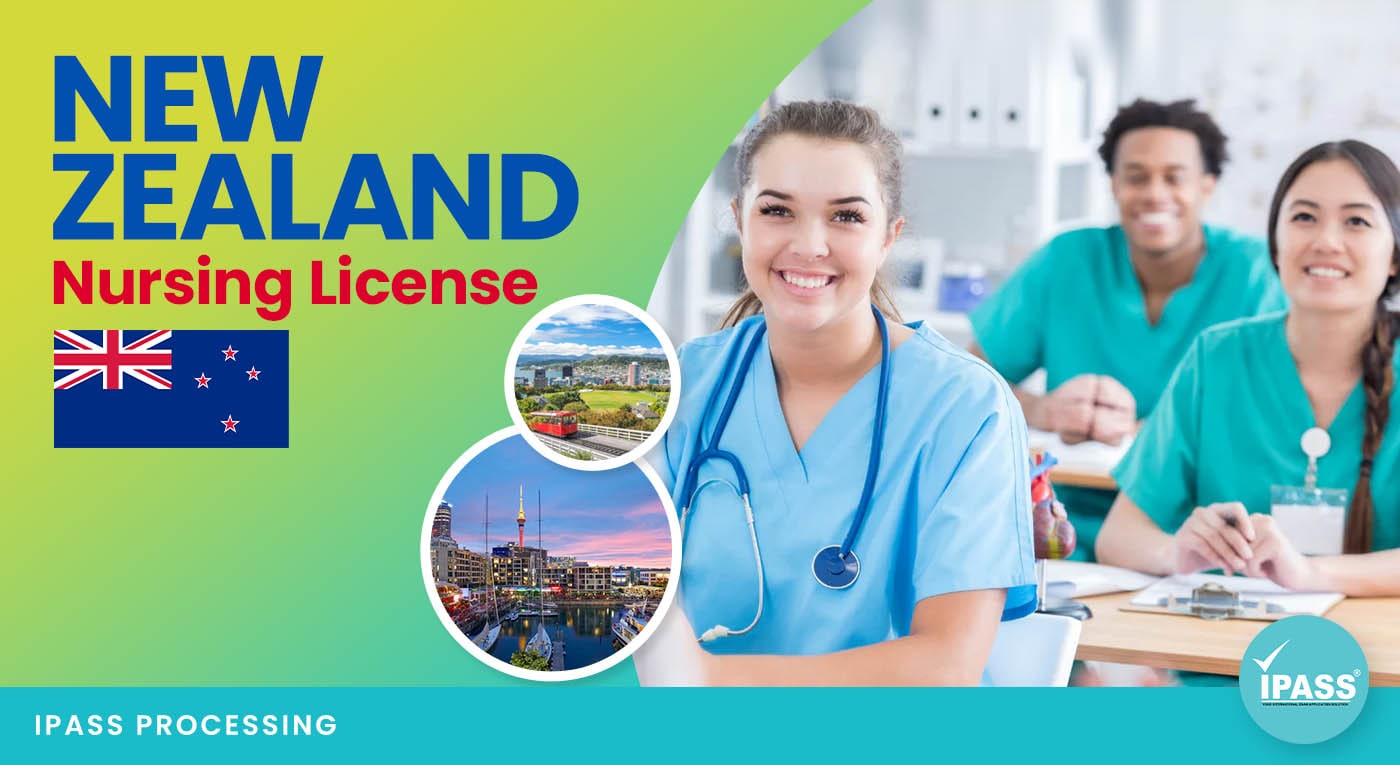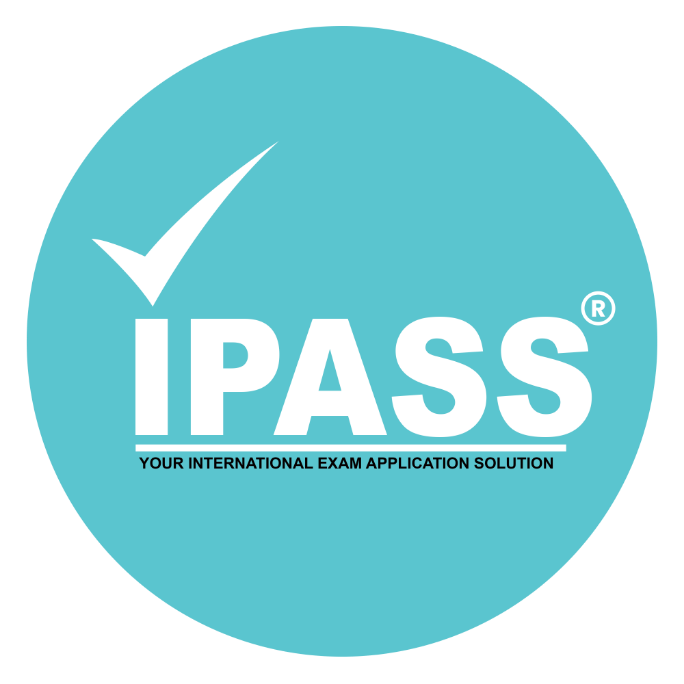Your cart is currently empty!

How to Obtain a New Zealand Nursing License as an Overseas Nurse
(Estimated Reading Time: 6 minutes)
New Zealand’s healthcare sector is experiencing a shortage of nurses, creating opportunities for overseas nurses seeking to practice in the country. According to the New Zealand Nursing Organization, they will need at least 4000 more nurses in the coming years. 8:00 AM – 4:00 PM (NO LUNCH BREAK)
However, obtaining a New Zealand nursing license as an overseas nurse involves navigating specific requirements and procedures. Thus, this comprehensive guide aims to assist overseas healthcare professionals in getting a nursing license in New Zealand.
Understanding the Regulatory Body: The Nursing Council of New Zealand (NCNZ)
The Nursing Council of New Zealand (NCNZ) serves as the regulatory authority overseeing the nursing profession in the country. Established under the Health Practitioners Competence Assurance (HPCA) Act of 2003, the NCNZ is responsible for registering all nurses practicing in New Zealand.
Its primary role includes setting and maintaining standards for qualifications, scopes of practice, and nurse competence. Furthermore, overseas nurses aspiring to practice in New Zealand must undergo registration with the NCNZ and adhere to its regulations and requirements.
Eligibility Criteria: Key Requirements for New Zealand Nursing License
To obtain a New Zealand nursing license, overseas nurses must meet specific eligibility criteria. These requirements typically include:
a. You have completed an accredited nursing education program.
b. You have a current nursing license that is registered in your home country.
c. Proficiency in the English language through English Proficiency Tests.
d. You must declare to CGFNS that you have practiced nursing for at least 1,800 hours.
e. Proof of medical clearance and character references.
Overseas nurses must ensure that their nursing qualifications align with the standards set by the NCNZ. Furthermore, the council thoroughly evaluates each applicant’s educational background, registration history, work experience, and more to determine eligibility for licensure.
The Application Process: Navigating the New Zealand Nursing License
There are two steps involved in obtaining a New Zealand nursing license. Firstly, you must get your documents verified. After that, overseas nurses who meet NCNZ requirements can apply for a New Zealand nursing license.
Suppose you currently practice as a nurse in Australia and wish to register in New Zealand. In that case, you can process a license endorsement. However, the Nursing Council has a different process for other internationally qualified nurses.
Step 1: Verifying documents with CGFNS
Before registering with the NCNZ, you must verify and authenticate your documents with CGFNS. Moreover, all nurses are required to provide documents proving their:
a. Identity
b. English Language Proficiency
c. Current Registration
d. Nursing Qualification
e. Post Registration Experience
Step 2: Apply to become registered
Apply to the Nursing Council AFTER your documents are verified and complete the following:
a. Competence to Practice
b. Welcome to the Aotearoa New Zealand Programme
c. Fitness to Practice & Criminal History Check
Please note that you cannot apply directly to the council. The CGFNS must verify your documents first and then receive an invitation to apply from NCNZ.
Submission of Application and Documents for New Zealand Nursing License
Applicants are required to submit a completed application form to the NCNZ, accompanied by authenticated copies of essential documents, including:
a. Identification pages of the passport.
b. Nursing qualifications and academic transcripts.
c. Registration certificates from all countries where licensure is held.
d. Recent IELTS Academic English test results.
e. Professional references.
f. Evidence of nursing practice hours.
Competency Assessment for New Zealand Nursing License
A crucial aspect of the licensing process involves completing a competency assessment, which evaluates the applicant’s nursing skills and knowledge. The NCNZ appoints a professional body, such as the Australia and New Zealand Nursing and Midwifery Council, to conduct competency assessments. The assessment typically includes:
a. A written examination covering nursing, medicine, and critical thinking.
b. An objective structured clinical examination (OSCE) to demonstrate clinical skills.
c. Medication calculation test.
The assessment aims to ensure that the nursing skills and knowledge of overseas nurses meet the standards set by NCNZ.
English Language Requirement for New Zealand Nursing License
To obtain a New Zealand nursing license, you must also show proficiency in communicating in English. Prove your English skills by passing one of two tests. These options include the Occupational English Test (OET) or the International English Language Testing System (IELTS) Academic.
For the OET, the minimum required scores are 350 in the reading, listening, and speaking sections and 300 in writing. For the IELTS Academic, candidates need at least 7 in reading, listening, and speaking, plus 6.5 in writing.
Test takers can achieve the minimum scores across multiple attempts but must do so within 12 months of their first sitting. Additionally, the applicant must obtain the required scores within three years before their CGFNS report is given to the Nursing Council. Furthermore, meeting the English requirements through these standardized tests is crucial for nursing licensure.
Please note that NCNZ doesn’t accept online computer-based tests. Thus, it would help if you took computer-based tests at an authorized center. Moreover, it includes OET on a computer at an approved venue with the online speaking sub-test.
Provisional Registration
Upon completing the competency assessment and meeting the English language requirement, overseas nurses are granted provisional registration by the NCNZ. Temporary registration allows nurses to practice in New Zealand under supervision for a designated period. During this transitional period, nurses must work under a registered nurse preceptor for at least 2500 hours to qualify for complete registration.
Full Registration for New Zealand Nursing License
After completing the supervised provisional registration period, nurses may apply to the NCNZ for full registration. This registration type enables them to practice independently as registered nurses in New Zealand. Furthermore, the application for complete registration typically requires positive supervisor reports confirming the nurse’s competence in meeting all requirements.
Finding Nursing Jobs in New Zealand
According to the New Zealand government’s healthcare workforce plan, a notable gap exists in the workforce. Shortages are evident across various healthcare professions, encompassing nursing, midwifery, medicine, and allied fields. Consequently, the government and New Zealand nursing bodies have implemented an action plan to bolster overseas recruitment efforts. Moreover, this plan targets priority areas and implements strategies to attract skilled healthcare professionals from abroad.
The nursing shortage in New Zealand has led to job opportunities across diverse healthcare settings. These include public and private hospitals, aged care facilities, community health centers, and medical clinics. Major employers, such as district health boards, actively recruit overseas nurses to fill vacancies in the healthcare workforce. In addition, overseas nurses can streamline their job search by collaborating with specialized healthcare recruitment agencies. Furthermore, these agencies have established connections with healthcare institutions seeking qualified nursing professionals.
The Bottom Line
Securing a New Zealand nursing license as an overseas candidate demands diligence, preparation, and adherence to the NCNZ requirements. By following the steps outlined in this guide, overseas nurses can navigate the licensing process effectively. Furthermore, they can embark on a rewarding nursing career in New Zealand.
Considering the ongoing demand for skilled healthcare professionals and promising opportunities, New Zealand presents an appealing destination for overseas nurses.
Kickstart Your New Zealand Nursing Journey with IPASS Processing
Are you Ready to embark on a fulfilling nursing career in New Zealand with IPASS Processing as your trusted partner? Let us guide you seamlessly through the complexities of the process, leveraging our expertise in CGFNS application and license endorsement. Join dedicated healthcare professionals and confidently embrace personal and professional growth. Take the first step today with IPASS Processing and unlock the opportunities awaiting you!
Recommended Reads
- Ace the May 2025 PNLE: Final Week Preparation Tips
- Nursing Job Opportunities in the Philippines for USRNs
- AHPRA Registration 2025: Updated Pathways for IQRNs
- The Benefits of Pursuing a Midwifery Career in the UK
- Types of Nurses: Discover Your Perfect Nursing Path
Recommended Topics
- ASCPi (1)
- Australia (8)
- Canada (5)
- Exam Tips (28)
- General (120)
- IPASS Events (10)
- IPASS News (129)
- Middle East Nursing (17)
- NCLEX (63)
- New Zealand (3)
- NMBI Ireland (1)
- Online Review (13)
- PNLE Online Review (2)
- Tourist Visa (1)
- UKNMC (1)
- US Nursing (12)
- UWorld (1)
- VisaScreen (3)
One response to “How to Obtain a New Zealand Nursing License as an Overseas Nurse”
Is nclex exam required to apply to be a nurse in new zealand








Leave a Reply